Back
SHIV DIXIT
CHAIRMAN - BITEX IND... • 1y
📖 DAILY BOOK SUMMARIES 📖 🔗 DIRECT FREE E-BOOK DOWNLOAD LINK AVAILABLE — https://drive.google.com/file/d/1ZoboLcJfmLp8L8wf5WQCAQqTIzpvnByD/view?usp=drivesdk 🔥 The Four Steps to the Epiphany 🔥 🚀 20 Lessons By 👉 ✨ Steve Blank ✨ 1. Customer Development Model: • Introduces a structured, iterative model for building successful startups based on customer feedback and validation. 2. Four Steps Overview: • The model comprises Customer Discovery, Customer Validation, Customer Creation, and Company Building. 3. Customer Discovery: • Focuses on identifying target customers and understanding their problems before building the product. 4. Customer Validation: • Tests whether the identified customer needs can be turned into a sustainable business by securing initial customers and revenue. 5. Customer Creation: • Centers on driving demand by creating marketing strategies to capture a broader market segment. 6. Company Building: • Moves from startup mode to structured growth, organizing departments for scale and stability. 7. Learning from Customers: • Emphasizes that product development should evolve based on direct customer feedback rather than assumptions. 8. Avoiding Premature Scaling: • Warns against scaling operations or increasing spending before achieving a validated, repeatable business model. 9. Minimum Viable Product (MVP): • Develops and tests a simplified product to get early feedback, ensuring it meets real customer needs. 10. Iterative Process: • Advocates for iterative testing and refinement, allowing the business model to evolve based on market feedback. 11. Pivoting: • Encourages flexibility; pivoting to a new direction is essential if customer feedback reveals a mismatch with initial ideas. 12. Cross-Functional Teams: • Suggests that collaboration between sales, marketing, and product teams is crucial during the early stages. 13. Market Types: • Differentiates between types of markets (existing, re-segmented, new, and clone) and tailors strategies accordingly. 14. Entrepreneurial Mindset: • Stresses the need for a flexible, problem-solving mindset and adaptability to navigate uncertainties. 15. Metrics for Success: • Focuses on clear, actionable metrics to measure progress and adapt strategies based on data. 16. Continuous Feedback Loop: • Establishes a feedback loop with customers throughout the development process to validate assumptions. 17. Hypothesis Testing: • Each phase tests hypotheses about customer needs, ensuring the product is grounded in actual demand. 18. Customer Segmentation • Identifies different customer segments and tailors approaches to meet the specific needs of each 19. Go-to-Market Strategy • Develops a launch strategy that aligns with customer needs and the chosen market type. 20. Avoiding Conventional Business Plans: • Encourages startups to focus on flexible customer development rather than rigid traditional business planning
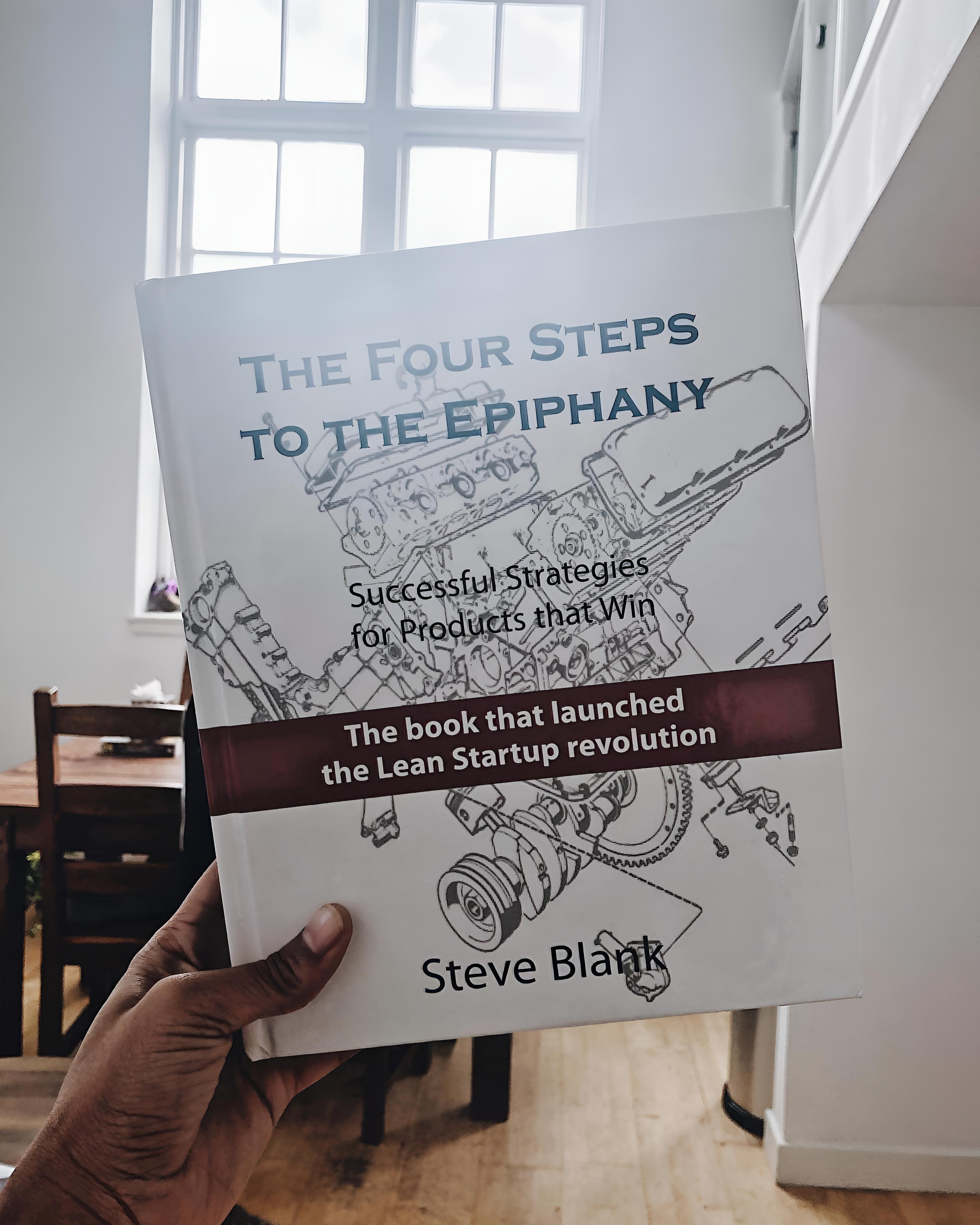
More like this
Recommendations from Medial
Anurag Patel
Calm mind. Precise h... • 4m
The startup owner's manual (Part 6) - Testing Customer Problems You have to get out of the building to discover: How well you understand the customers’ problem, how important the problem is to the customers, and exactly how many customers are talki
See MoreMehul Fanawala
•
The Clueless Company • 1y
Ever wondered why your customers disappear? It’s not always about the product. Many times, it's the experience surrounding it. A colleague of mine ran a simple audit on their customer service process and made one shocking discovery: Most of their
See More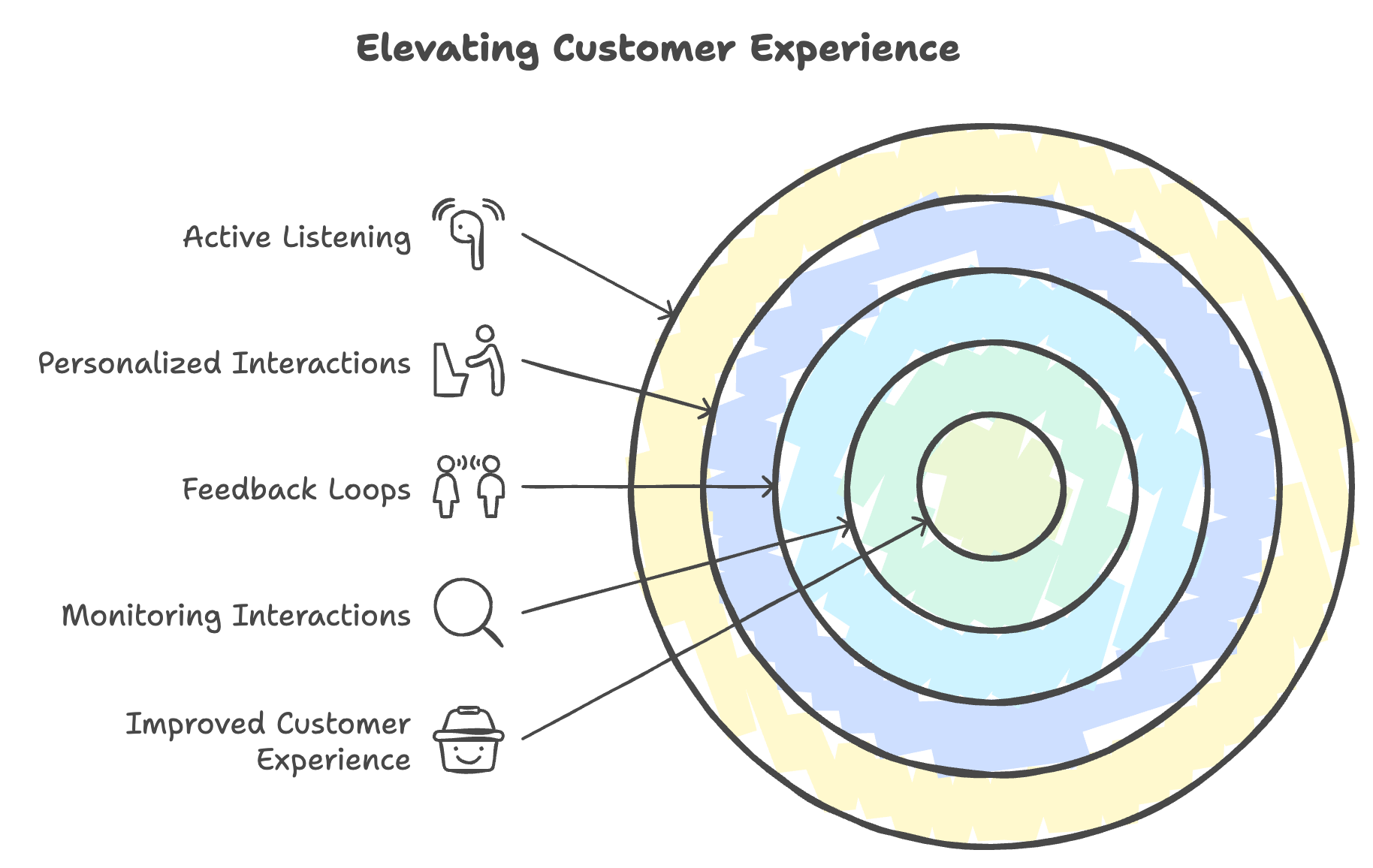
Thakur Ambuj Singh
Entrepreneur & Creat... • 11m
🛒 Understanding Customer Needs: Gains, Pains & Risks A customer profile includes three key elements: ✅ Gains – The benefits customers seek from a product. ⚠️ Pains – The discomforts they want to eliminate. 🔍 Risks – The uncertainties they try to
See More
Anurag Patel
Calm mind. Precise h... • 4m
The startup owner's manual (Part 1) Getting Started The old product roll-out process is totally wrong for startups. That process is appropriate when customers are known and the market is well-defined. This is often not the case for startups. Custom
See MoreDownload the medial app to read full posts, comements and news.



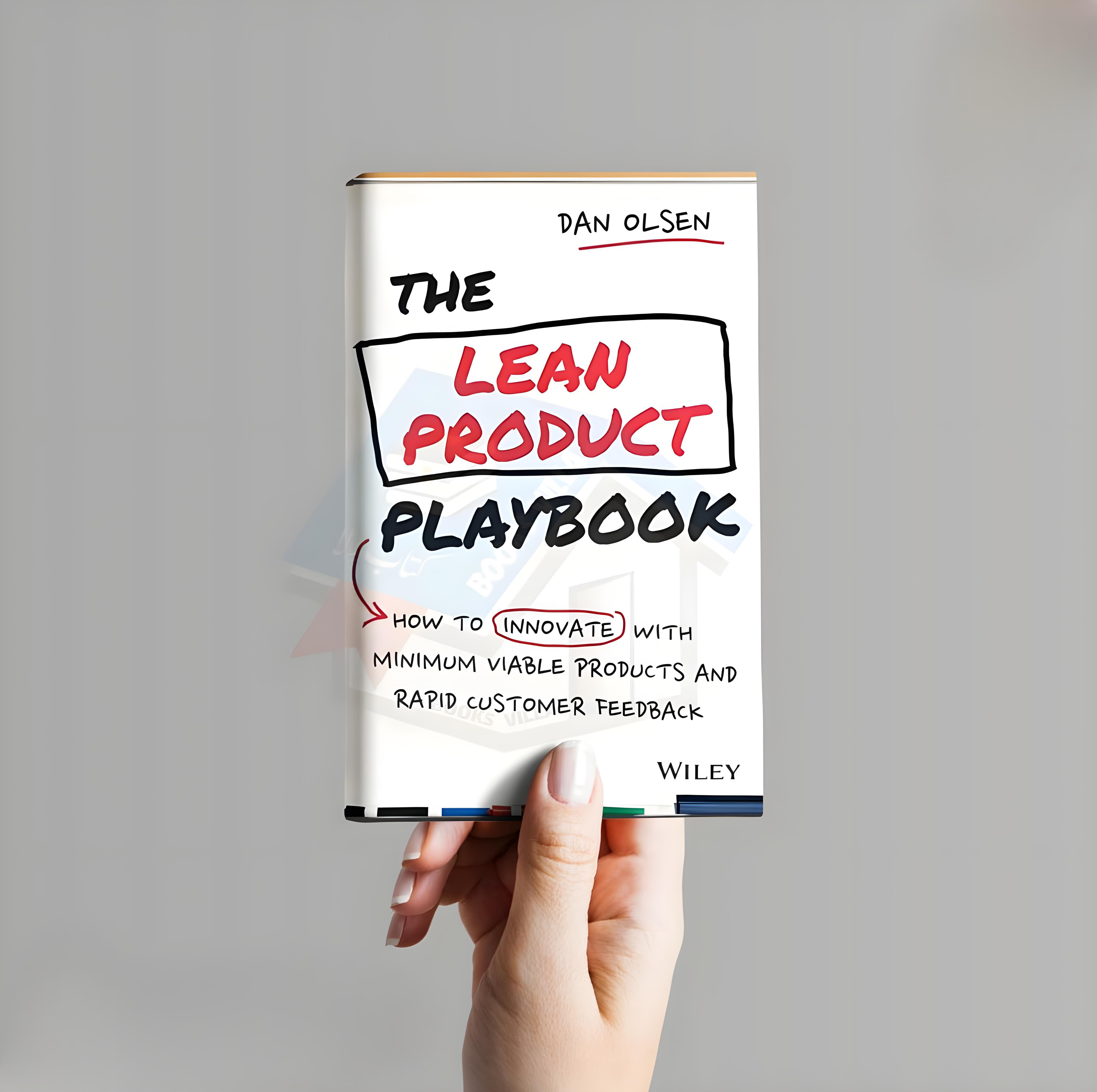

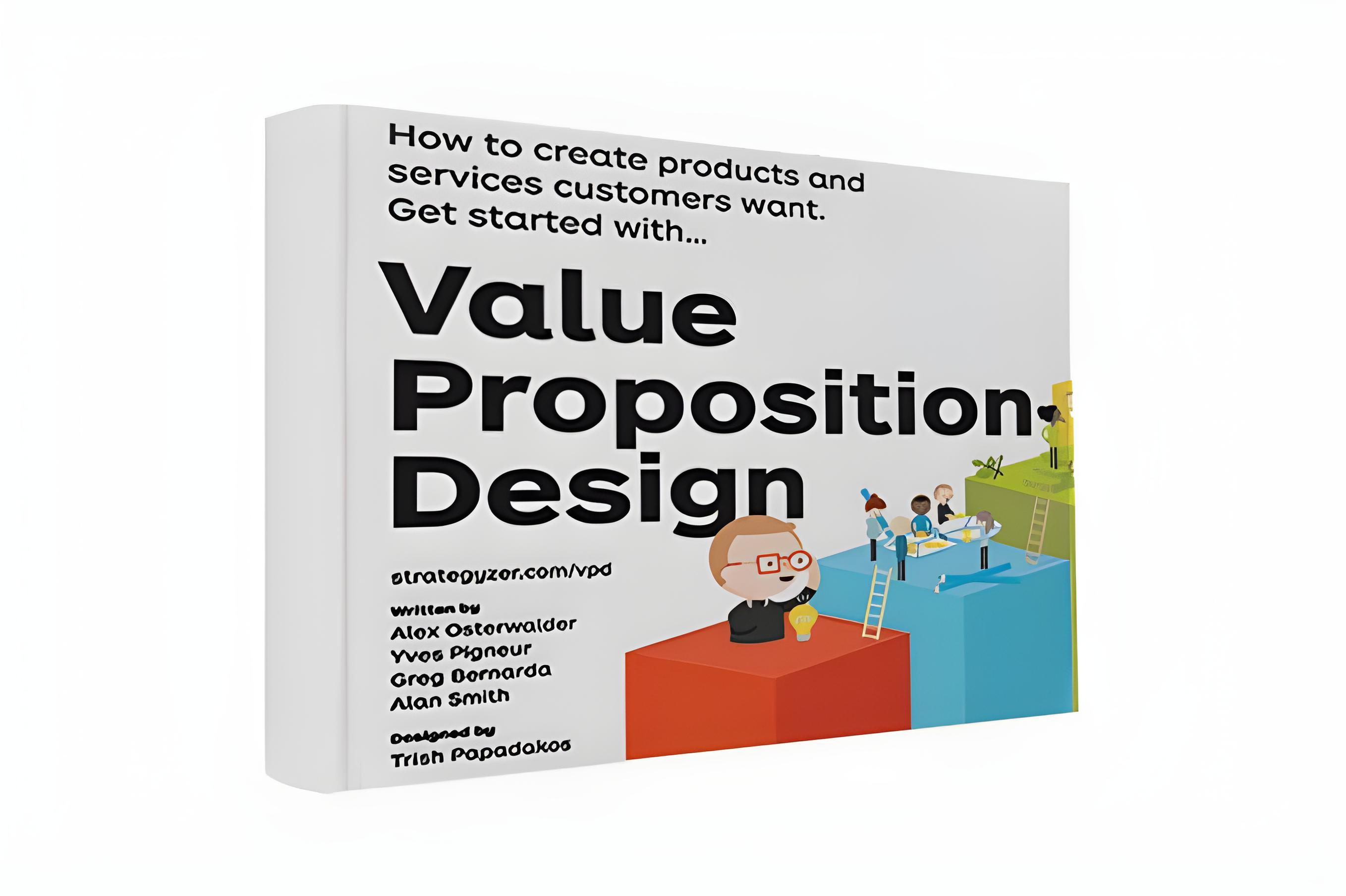

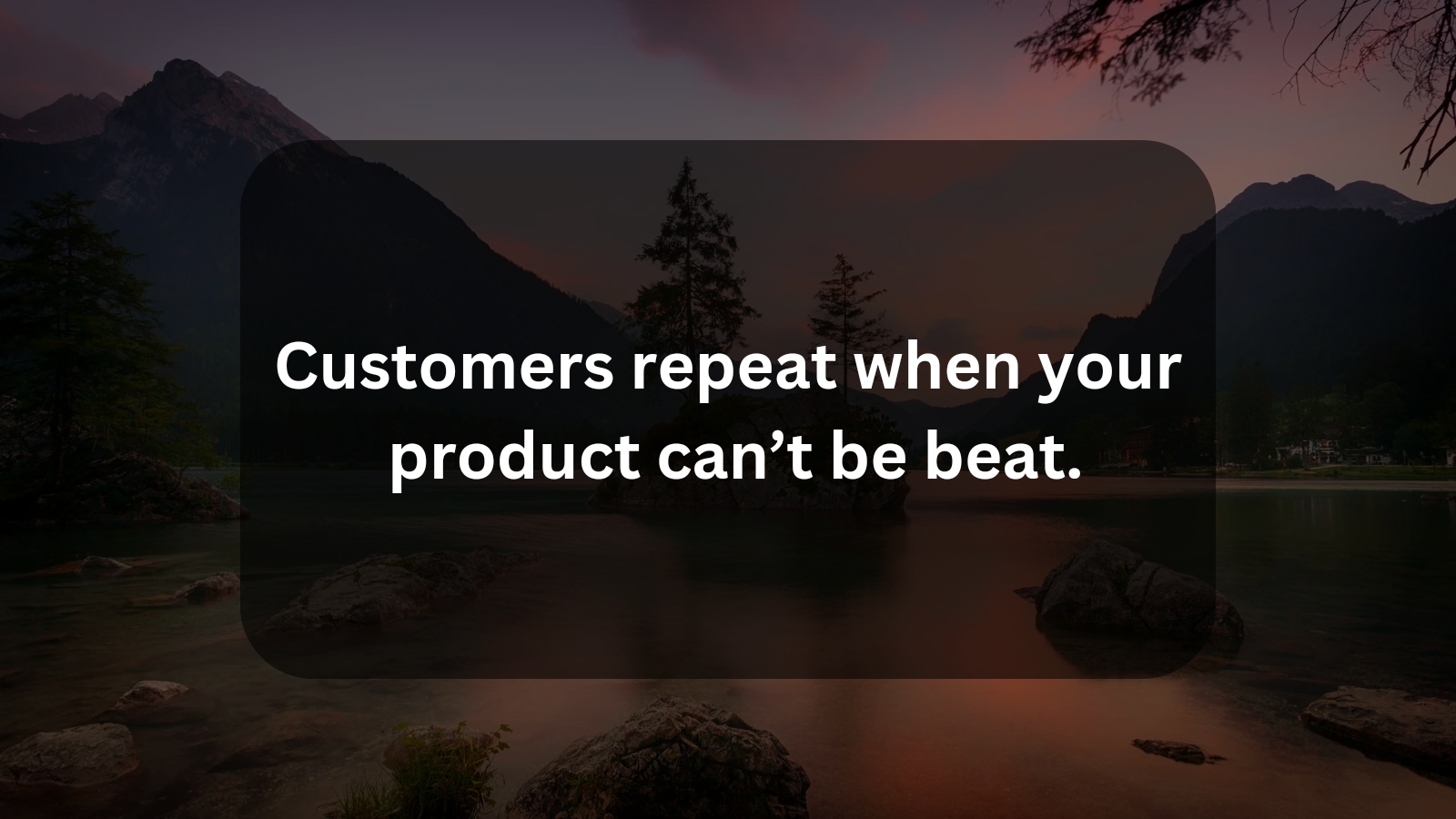


/entrackr/media/post_attachments/wp-content/uploads/2021/08/Accel-1.jpg)



















